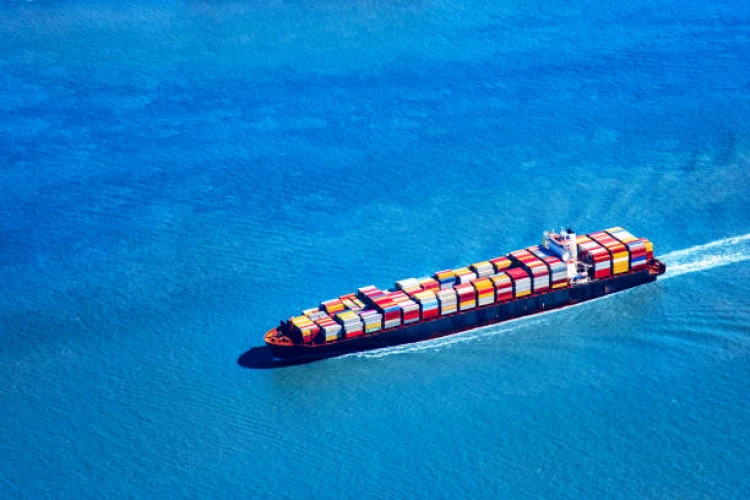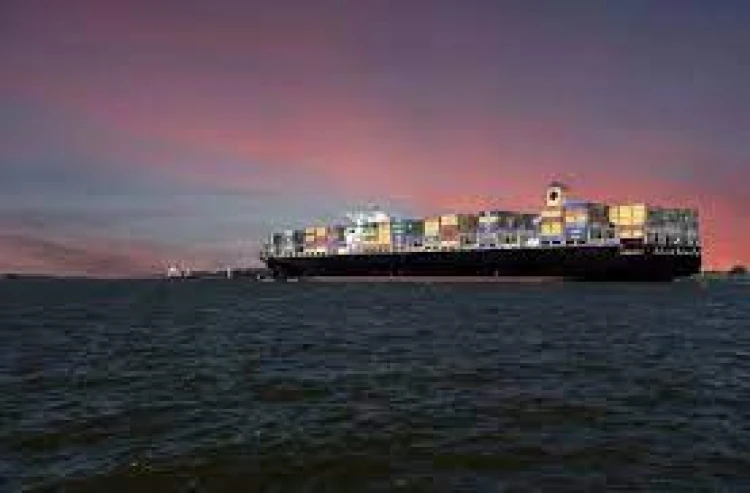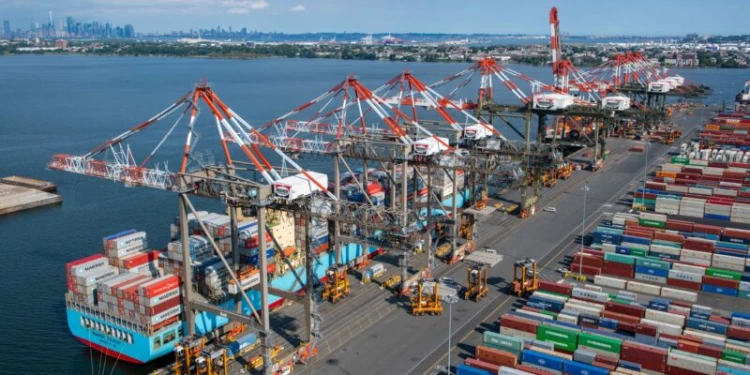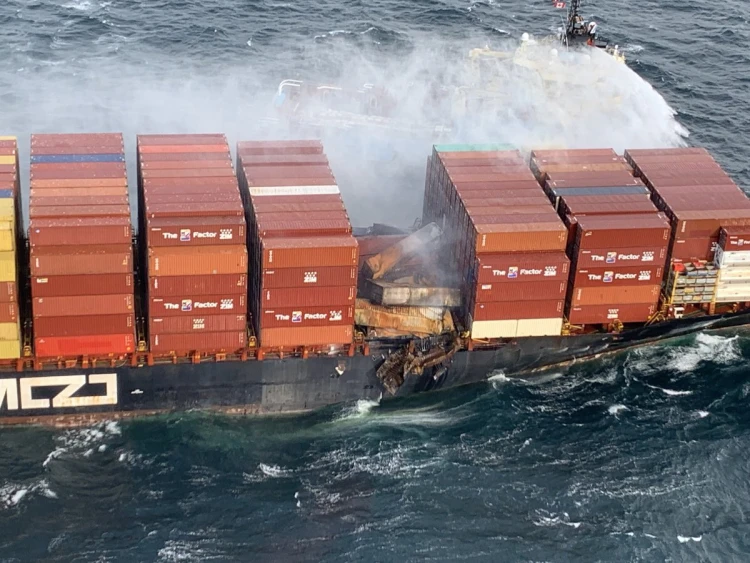Shipping giant MOL confirms it has stopped carrying used EVs over safety concern
Tuesday, 10 May 2022

One of the world’s largest car-shipping companies, Mitsui OSK Lines, has confirmed it has suspended transporting used electric vehicles on its cargo ships.
Lindsay Routhan, owner of car dealer Speciality Vehicles Japan, warned on Sunday that it might become impossible to import used EVs into New Zealand if other shipping companies followed suit.
Mitsui OSK Lines (MOL) owns 110 car transporters, including the Felicity Ace which sank in the mid-Atlantic along with its cargo of 4000 luxury cars on March 1 after fierce fire that was fuelled by lithium batteries in the EVs it had on board.
Atsushi Hara, a Japanese-based spokesman for MOl, confirmed its new policy only applied to used fully-electric vehicles and not to hybrid vehicles, and clarified it had “nothing to do with the incident on Felicity Ace”.
“The number of used EVs we transport has been increasing recently, so we have decided to review our standards for accepting used vehicles and have decided to suspend accepting booking of used battery electric vehicles for the time being,” Hara said.
MOL conducts safety checks on conventional petrol and diesel cars before boarding by ensuring they can move under their own power and by visually inspecting them for leaks.
But it was difficult to check the condition of used EVs, he said.
MORE NEWS : China Floats First 24,000 TEU Boxship Built for Evergreen
MOL’s car transporters can be identified by the fact they all have “Ace” in their name and some are regular visitors to New Zealand ports.
Vehicle Importers Association chief executive David Vincent had been unaware of MOL’s policy when first contacted for comment on Monday, but said he did not believe MOL shipped many used cars to New Zealand.
Mark Gilbert, chairman of EV industry body Drive Electric, also believed importers would have plenty of alternatives.
It was a bit strange that MOL had suspended shipping used EVs given electric vehicles were “going all around the world now”, he said.
“If they don’t want to do it, somebody else will,” he said.
Routhan believed MOL carried a large proportion of all cars imported into New Zealand.
But MOL’s Auckland office would not confirm that or comment on the likely impact of the policy change on the used EV market in New Zealand, saying that only its head office in Japan was authorised to comment.
Routhan said that once one shipping companies introduced a change of that nature, others tended to follow.
He expected the Felicity Ace disaster would also prompt new safety protocols and higher insurance premiums for shipping new EVs, which would push up their price in countries including New Zealand.

06 January 2025
Hurricane Beryl trims cargo volumes in Houston and New Orleans

25 January 2025
Container freight rates tumble

08 February 2025

